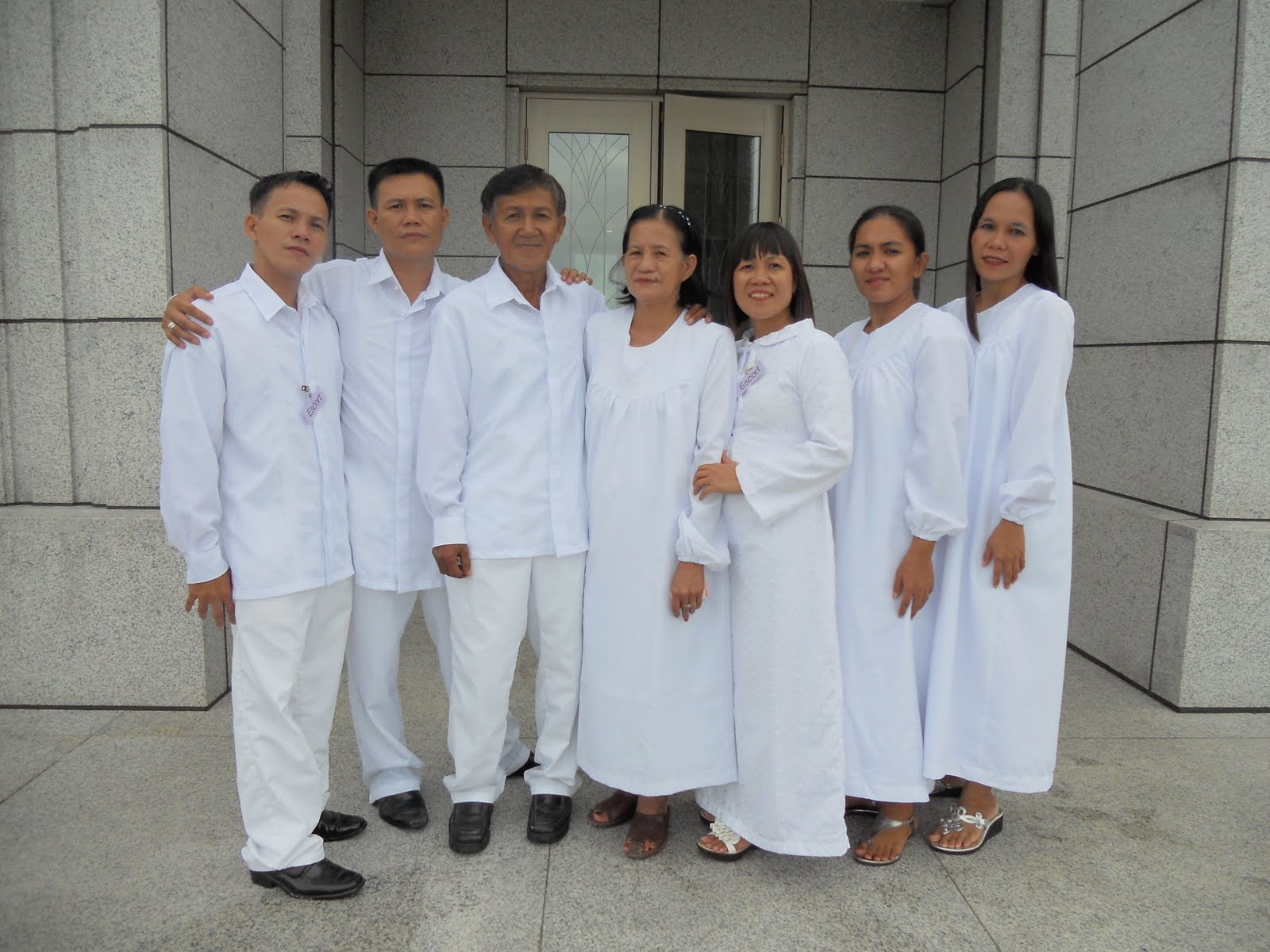
A General Conference Odyssey post.
Years ago, while teaching a Gospel Doctrine class, I was to cover Ephesians. The first part was about marriage and the second part was the Armor of God. Who doesn’t like the armor of God lesson, right? I asked a big, burly guy to help me with this part of the lesson, but first, we had to cover marriage.
Little did I realize how much the class wanted to talk about marriage. Sadly, I didn’t listen to the spirit, cutting that conversation short, so we could get to the fun armor of God part. Big regret!
Married people want to talk about marriage. The truth is we all have our struggles and we’re all just trying to figure things out.
The world isn’t helpful either. Marriage is old-fashioned, not legal in some places (if you want to do what you want). It’s fluid or expendable. Sure, there’s pain involved, but nothing alcohol, or an affair, can’t fix.
The Church of Jesus Christ of Latter-day Saints is unique in how it views marriage. Marriage is a covenant, with everlasting promises. Going into a marriage, the couple is expected, and willing to make an eternal go of it.
Barbara B. Smith speaks in the Welfare session in October 1981 of A Safe Place for Marriages and Families. She says that love and consecration are essential parts of a “safe marriage.”
Both husband and wife are committed to helping the other achieve the fullest possible development.
The Enquirer never seems to share stories of Hollywood couples supporting one another or sacrificing for one another. It’s only about who cheated on who. On the other hand, service to one another goes a long way in overlooking imperfections in one another.
A marriage made safe by both love and consecration can allow for a variety of opinions.
Each person comes into a marriage with their own way of doing things—and they are typically not the same way. I heard a temple sealer explain once that everyone comes into a marriage with their own “rites.” It is now up to the couple to create “rites” together, as they negotiate a variety of options between them.
Each child has the love and interest of both mother and father.
It seems that older generations often allowed for favorites to exist in families. I came from a “favorites” household, but I wasn’t it. When my kids were growing up, I used to say that my favorite one of them was the most obedient one at the moment. It was most important to me that all of my children felt my love. And if one child has a moment of need, isn’t that an opportunity for siblings to share in the consecration?
Love and consecration establish the basis for happiness.
Sis. Smith refers to 4 Nephi when there was no contention in the land. How would that be? Is it even possible in a typical household? I definitely think it can happen in moments. And those moments need to be treasured and perhaps recreated as often as possible.
When my adult children get together there is a lot of loud talking and debating. When guests hear it, they think it sounds like contention, but it isn’t at all. We are all pretty open and honest with one another. It is a safe place of honest thought, acceptance, and even forgiveness. We’re realizing just how unusual that is. How grateful I am that our home has become a safe enough place where we can be expressive of our opinions, our love, and our consecration for one another.
And even though I didn’t focus on the armor of God in this post, just for the record, no loving parent would ever suggest that it is safe to take off our armor–ever, even at home. That armor should feel to all of us like we’re being wrapped in the arms of our Heavenly parents, angels, and ancestors who are watching over us so very lovingly.
I just attended a forum on the difference between conflict and contention. Conflict (said the speaker) is a good thing, because it is entered into with the intent to reach a conclusion. Contention is full of hatred and the spirit of the devil, and has no end or possible resolution except through serious repentance. So the 4 Nephi account probably didn’t mean that there was never any differences of opinion; no, it was rather that everyone was trying to come to understand one another so that they could continue to be one.
At a recent regional conference, one of the speakers noted that the armor of God is not mass-produced – the creation of it is a cottage industry, and it is fitted to the individual.
Since I’m not yet married, I can’t really say anything from the inside of this subject. But from what I’ve observed, your points hold true.